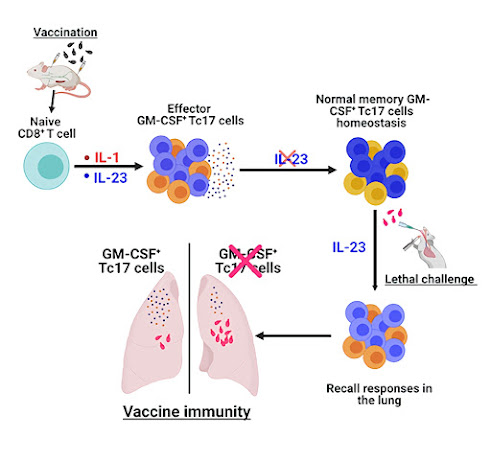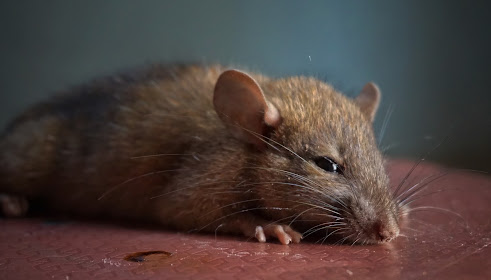.jpg) |
| The researchers discovered that the juvenile flycatchers clear response to their own song dialect helped them avoid learning songs from other species in the environment. Photo credit: Tom Wallis |
A recent study, published in Current Biology, led by researchers at Stockholm University and Uppsala University, has shown that juvenile songbirds react to hearing the songs they will eventually produce as adults, even when they are as young as 12 days old. Experiments conducted on nestling pied flycatchers across Europe demonstrate that they preferentially respond to songs from their own species and, remarkably, their own population.
Like human children learning language, juvenile songbirds learn their songs by listening to those produced by their parents and other adults. In both human language and songbird song, the learning process gives rise to small changes from one generation to the next, which leads to characteristic differences among populations, called dialects.






.jpg)









.jpg)